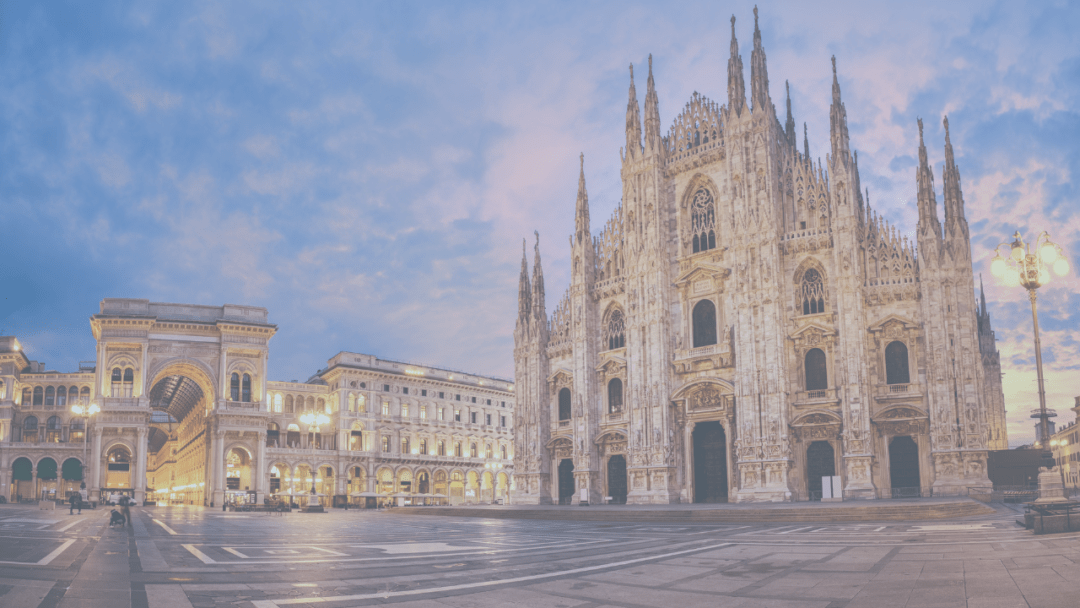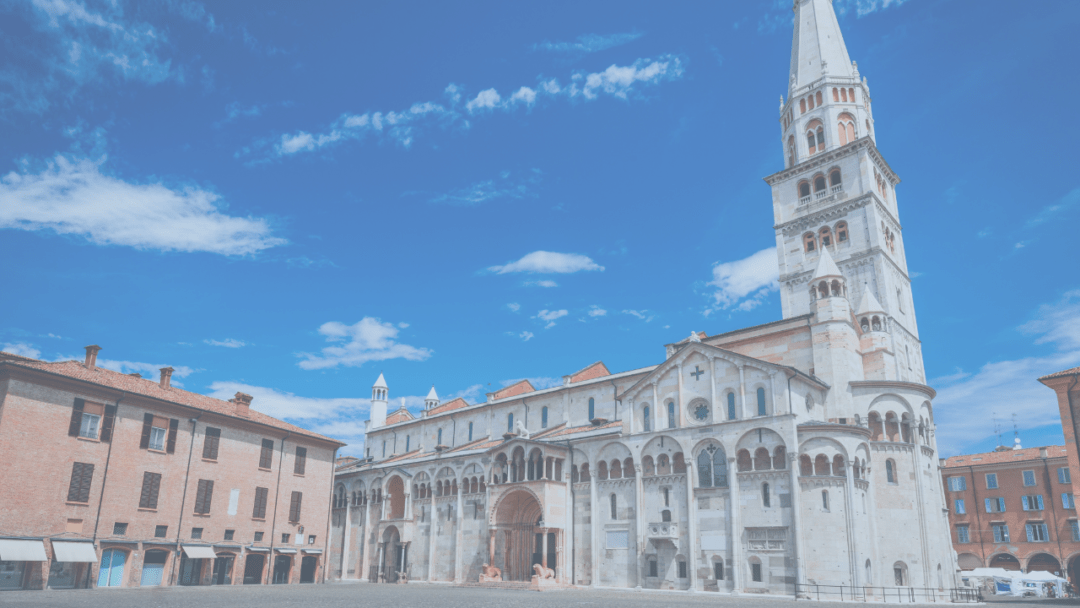General Information:
| Population : 806,503 (2025) |
| Country: France |
| Official Website |
| Security & Prevention |
The City and Efus
- Member since 2002
- Member of Executive Committee
- Vice President of the FFSU Executive Committee

| Population : 806,503 (2025) |
| Country: France |
| Official Website |
| Security & Prevention |

General Information: Population: 1,366,155 (2025) Country: Italia Official Website Security & Prevention The City and Efus

Efus’ team wishes you a happy New Year 2017

General Information: Population: 149,705 (2021) Country: Italia Official Website The City and Efus

General Information: Population: 185,180 (2024) Country: Italia Official Website Security & Prevention The City and Efus